Some political forces have spread too many rumors and created too much disinformation about Northwest China's Xinjiang Uygur Autonomous Region in the world. "Forced labor" is one of these. By concocting these lies, they are aiming to destabilize Xinjiang and hold back China's development and revitalization, Mao Ning, spokesperson of the Chinese Ministry of Foreign Affairs, said on Monday during a routine press conference.
Mao's remarks came in response to foreign media reports saying that some German companies such as VW and BASF are mulling a possible withdrawal from Xinjiang due to concerns over the "forced labor."
"What they are actually doing is to force 'de-coupling,' unemployment and poverty on Xinjiang under the pretext of human rights. Such attempts will never succeed," said Mao.
On Saturday, Chinese Foreign Minister Wang Yi rebutted lies about genocide and forced labor in Xinjiang while responding to questions at the Munich Security Conference.
"Using forced labor as an excuse to blame China is essentially aiming to take jobs away from the Uygur people and make their products unsaleable," Wang said, adding that Xinjiang is open to friends from all over the world and welcomes people to go to Xinjiang and see for themselves.
Mao noted that currently Xinjiang enjoys social stability, economic growth, ethnic solidarity and harmony among various religions. The rights and interests of the people of all ethnic groups in Xinjiang are well protected.
"We hope relevant companies will respect facts, tell right from wrong, and cherish the opportunity to invest and grow in Xinjiang," said Mao.
Analysts said that Xinjiang is expected to post impressive growth in 2024 and beyond, given the region's critical role in China's westward opening-up.
Xinjiang's performance in 2023 provided solid evidence, with the growth rates of most economic indicators being among the nation's highest. Xinjiang's total trade surged 45.9 percent year-on-year.
The region's GDP grew by 6.8 percent, with fixed-asset investment growing by 12.4 percent and retail sales rising 18.8 percent on a yearly basis, official data showed.
In a statement that BASF sent to the Global Times, the company said that its presence in China remains unchanged, and BASF is fully committed to its business activities and planned investments in the country.
VW has not responded to the interview request of the Global Times as of press time.
In the fourth quarter of 2023, BASF started the process of divesting its shares in two joint venture companies in Korla (Xinjiang), China. As part of BASF's global strategy for the 1.4-butanediol (BDO), BASF has assessed the market environment and product carbon footprints (PCF) of BDO and its downstream products from different production sites worldwide, according to the BASF statement.
BDO value chains are under increased competitive pressure and characterized by global overcapacities. Furthermore, carbide-based BDO and polytetrahydrofuran produced in Korla have a significantly higher PCF due to the use of coal as a base raw material and the high energy intensity of the production process.








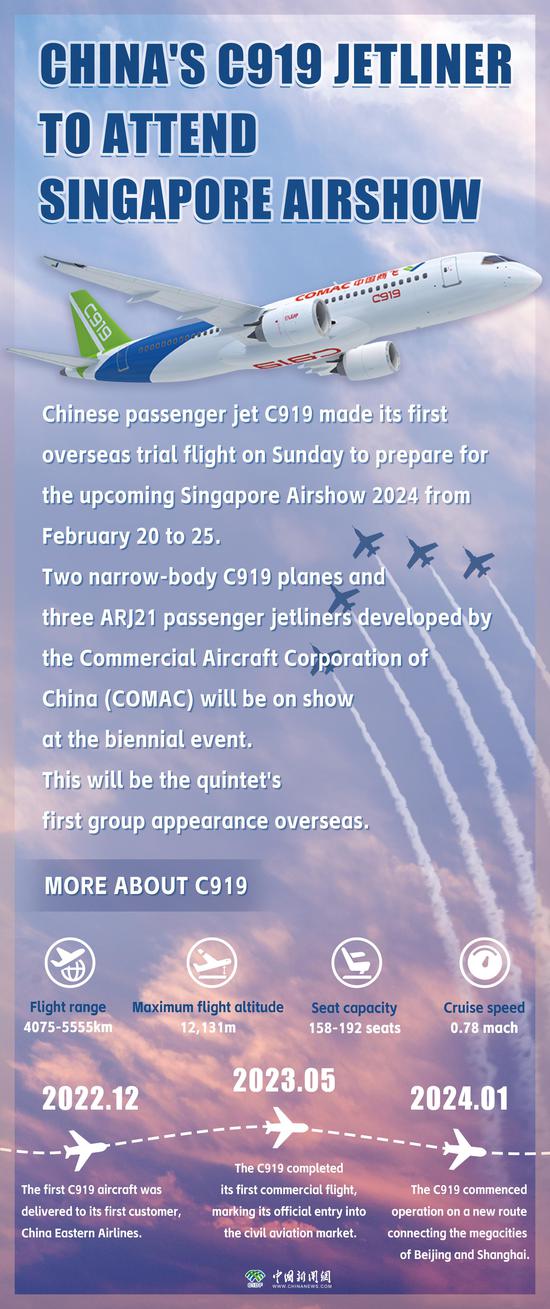
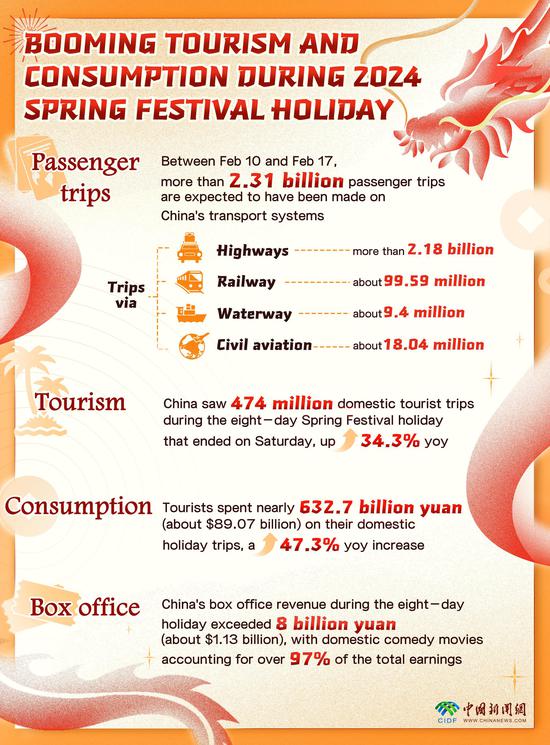


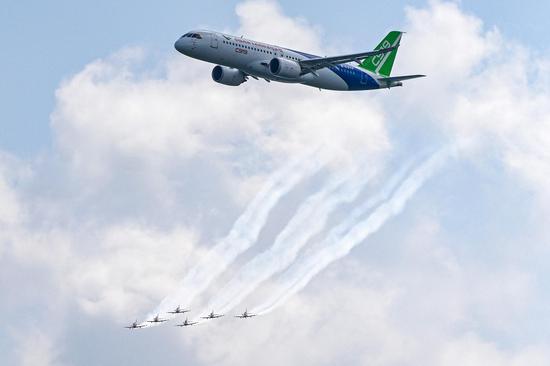
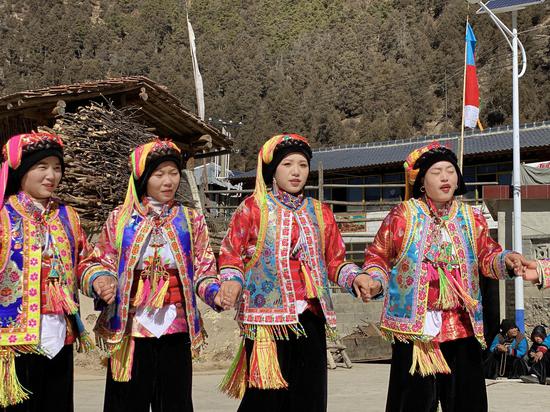

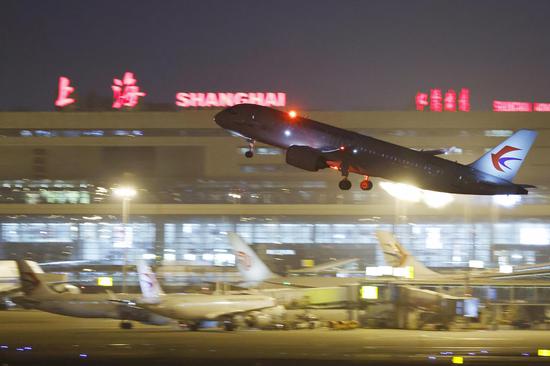
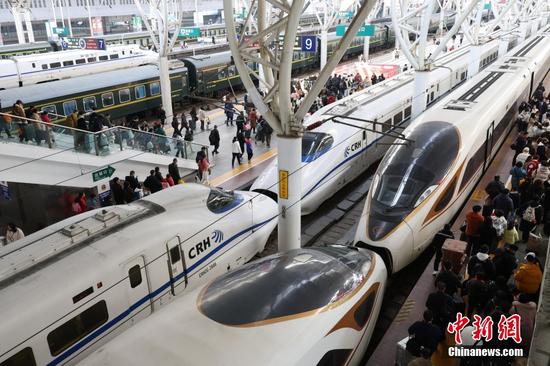
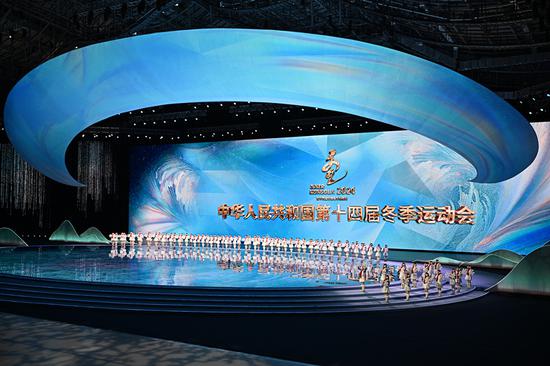




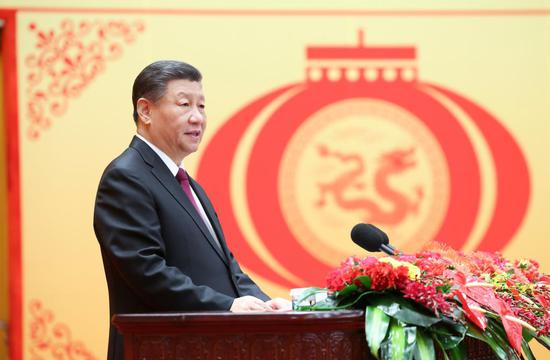

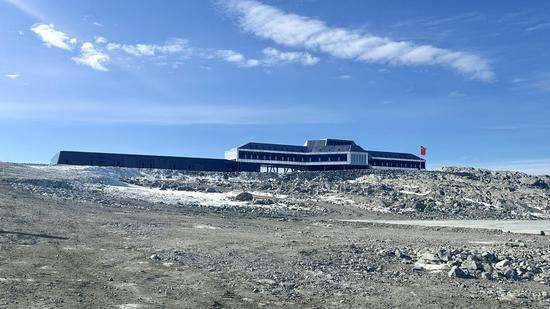
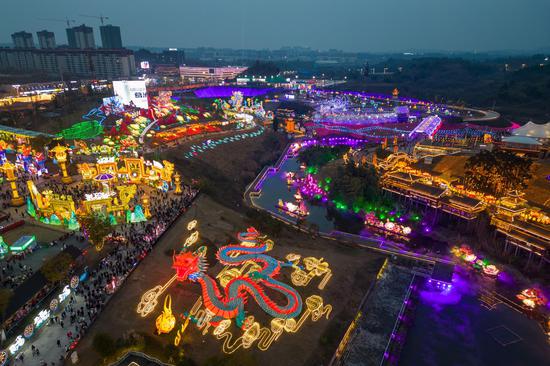
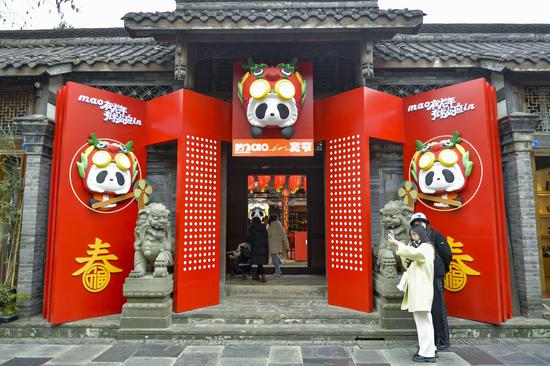

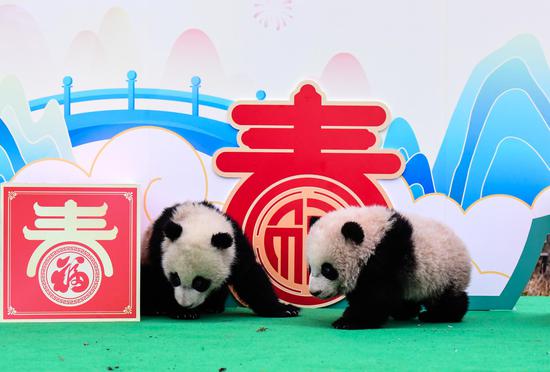



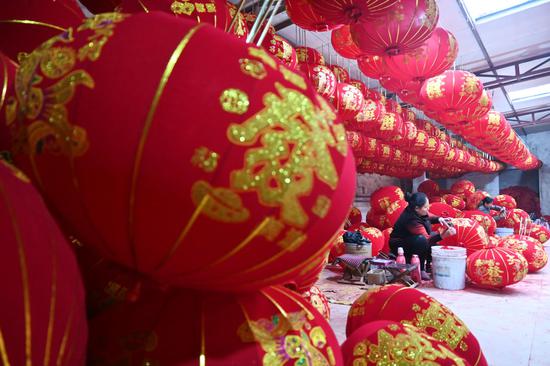
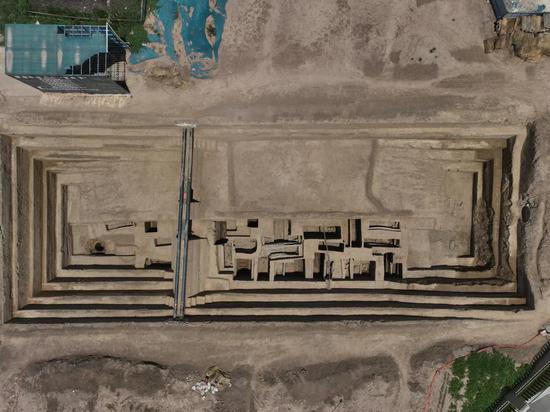
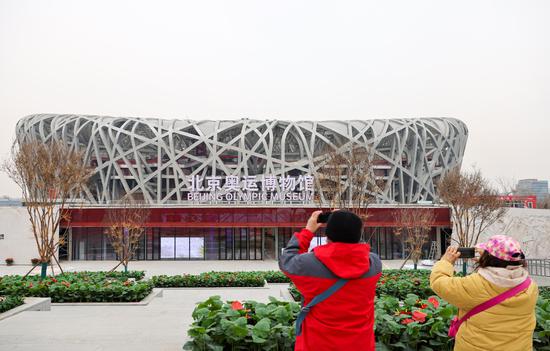
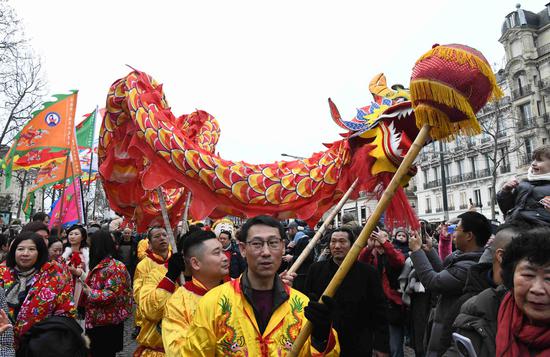
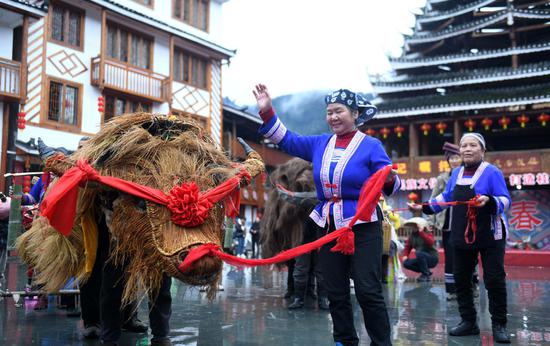
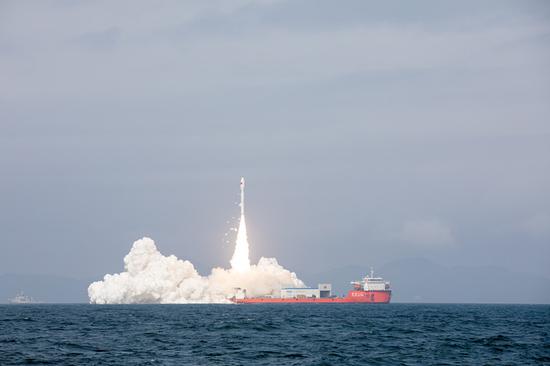


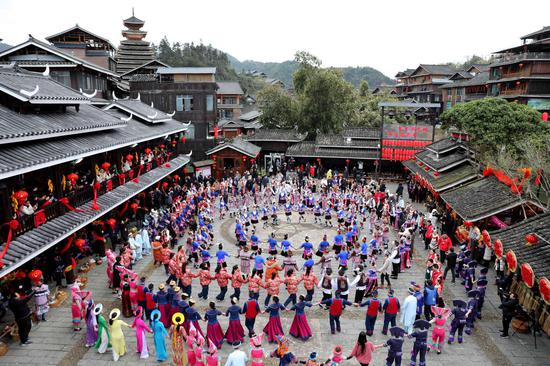

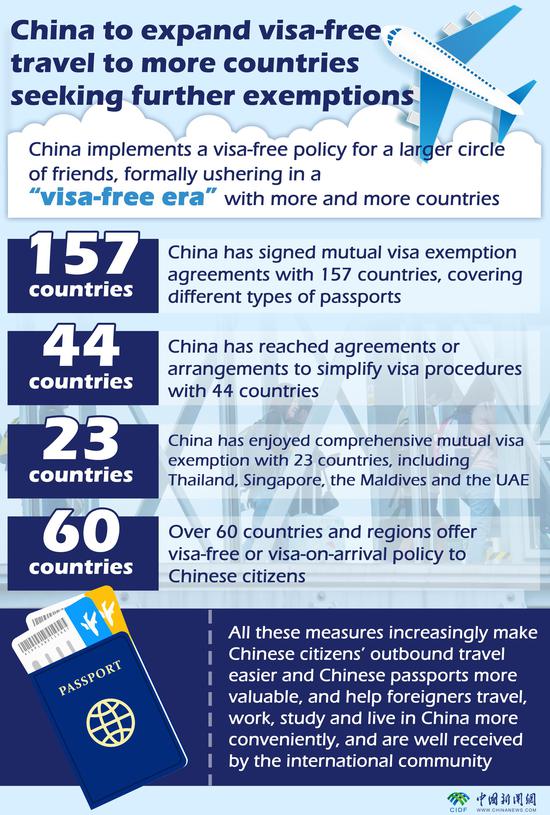
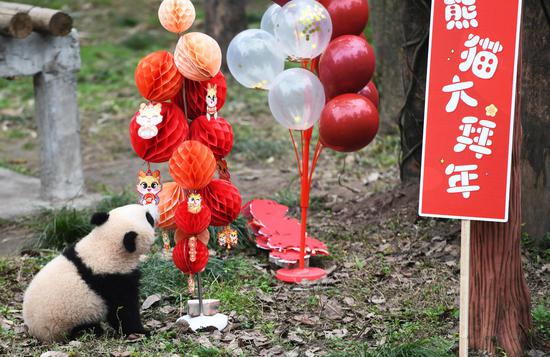
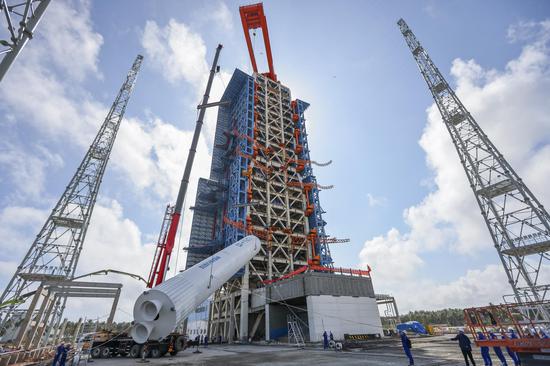





 京公网安备 11010202009201号
京公网安备 11010202009201号